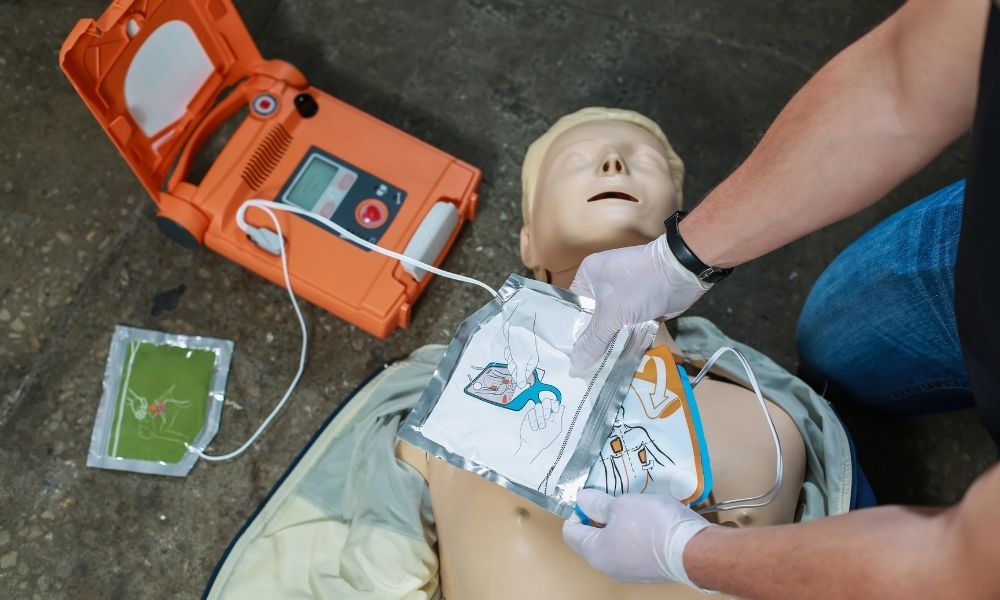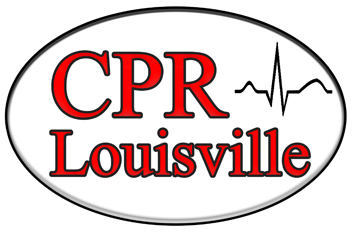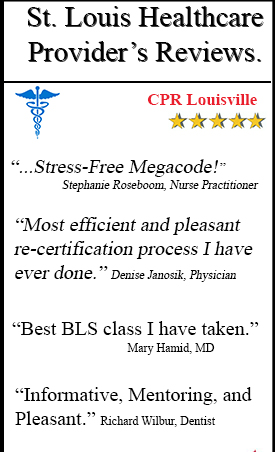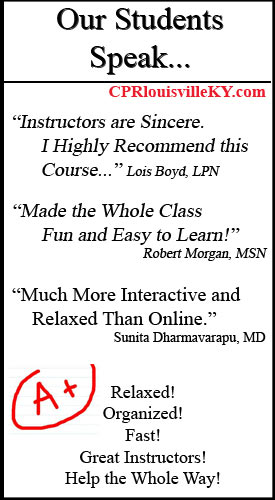When emergencies strike, every second counts. The American Heart Association’s Heartsaver courses provide essential life-saving skills to non-healthcare professionals, empowering ordinary people to become extraordinary heroes in critical moments. These comprehensive training programs bridge the gap between helplessness and hope, offering practical skills that can mean the difference between life and death.

Understanding AHA Heartsaver Courses
The American Heart Association designed Heartsaver courses specifically for individuals who are not healthcare providers but want to learn crucial emergency response skills. These programs focus on cardiopulmonary resuscitation (CPR), automated external defibrillator (AED) use, and basic first aid techniques. Unlike medical professional courses, Heartsaver training emphasizes practical application in everyday scenarios.
Heartsaver courses cover essential topics including adult, child, and infant CPR techniques, proper AED operation, and recognition of cardiac emergencies. Participants learn to identify when someone needs help, how to call for emergency services effectively, and how to provide immediate care until professional help arrives. The curriculum also addresses choking relief methods and basic wound care.
How Long is the Heartsaver CPR Course?
The duration of Heartsaver courses varies depending on the specific program selected. A standard Heartsaver CPR AED course typically takes approximately 4 to 5 hours to complete. This timeframe includes both theoretical instruction and hands-on practice sessions, ensuring participants gain confidence in their newly acquired skills.
For those seeking more comprehensive training, the Heartsaver First Aid CPR AED course extends to approximately 6 to 7 hours. This extended program incorporates additional first aid components, including wound care, burns, and environmental emergencies. The extra time investment provides participants with a broader skill set for handling various emergency situations.
Moreover, many training centers offer flexible scheduling options. Some facilities provide full-day intensive sessions, while others break the training into multiple shorter sessions spread across several days. This flexibility accommodates different learning preferences and busy schedules, making life-saving education more accessible to everyone.
Is the Heartsaver Course Better Than BLS?
Comparing Heartsaver courses to Basic Life Support (BLS) requires understanding their distinct purposes and target audiences. Neither course is inherently “better” than the other; rather, each serves specific needs and populations effectively.
BLS certification targets healthcare providers, including doctors, nurses, paramedics, and other medical professionals. This advanced training includes more complex scenarios, team-based resuscitation techniques, and advanced airway management. BLS participants learn to work within medical teams and use professional-grade equipment commonly found in healthcare settings.
Conversely, Heartsaver courses focus on layperson response in community settings. These programs emphasize practical skills that ordinary citizens can apply in homes, workplaces, and public spaces. The training uses simplified techniques and equipment readily available to non-medical personnel.
For non-healthcare individuals, Heartsaver courses offer superior value because they’re specifically designed for civilian use. The techniques taught are more appropriate for situations where professional medical equipment isn’t available. Additionally, Heartsaver training creates realistic expectations about what laypeople can accomplish during emergencies.
Is Heartsaver the Same as CPR AED?
While closely related, Heartsaver and CPR AED aren’t identical terms. “Heartsaver” refers to the American Heart Association’s brand of training programs designed for non-healthcare providers. “CPR AED” describes the specific skills taught within these programs.
The Heartsaver CPR AED course is one specific offering within the broader Heartsaver curriculum. This particular course focuses exclusively on cardiopulmonary resuscitation techniques and automated external defibrillator operation. Other Heartsaver courses include additional components like first aid, bloodborne pathogen training, or pediatric-specific content.
Think of Heartsaver as the umbrella brand, while CPR AED represents specific skill sets taught under that umbrella. When someone mentions “Heartsaver training,” they might be referring to any number of courses within the program family. However, when they specify “Heartsaver CPR AED,” they’re discussing the particular course that teaches cardiac emergency response skills.
Understanding this distinction helps individuals select appropriate training based on their specific needs and requirements. Some employers or volunteer organizations may specify particular Heartsaver courses, making this knowledge practically important.
Is CPR and AED Certification the Same Thing?
CPR and AED certifications are related but distinct credentials that often appear together on certification cards. Understanding their differences helps clarify what skills each certification represents and why both are valuable.
CPR certification demonstrates competency in cardiopulmonary resuscitation techniques, including chest compressions, rescue breathing, and recognition of cardiac arrest. This certification covers manual techniques for maintaining blood circulation and oxygenation when the heart stops beating effectively.
AED certification, meanwhile, validates knowledge of automated external defibrillator operation, including device setup, electrode placement, and safety protocols during defibrillation. AED training teaches when to use these devices, how to operate them safely, and how to integrate their use with CPR techniques.
Most modern Heartsaver courses combine both certifications because CPR and AED use work synergistically during cardiac emergencies. The American Heart Association recognizes that optimal cardiac emergency response requires both skill sets, making combined certification the current standard.
However, some specialized situations might require only one certification. Certain workplaces might focus specifically on AED operation if they have dedicated response teams, while others might emphasize CPR techniques for environments where AEDs aren’t readily available.
Benefits of Heartsaver Courses for Communities
Heartsaver courses create ripple effects throughout communities, building networks of trained responders who can act quickly during emergencies. When more people possess these skills, the likelihood of survival for cardiac arrest victims increases significantly.
These courses also build confidence among participants, reducing the fear and hesitation that often prevent people from helping during emergencies. Through hands-on practice and realistic scenarios, participants develop muscle memory and decision-making skills that activate automatically during high-stress situations.
Furthermore, Heartsaver training promotes awareness of prevention strategies, helping participants recognize early warning signs of cardiac events and other medical emergencies. This knowledge enables proactive intervention that might prevent emergencies from occurring or minimize their severity.
Choosing Quality Heartsaver Training
Selecting appropriate Heartsaver training requires careful consideration of instructor qualifications, facility resources, and program comprehensiveness. Look for American Heart Association authorized training centers that employ certified instructors with real-world emergency response experience.
Quality programs emphasize hands-on practice with mannequins and AED trainers, ensuring participants develop practical skills rather than just theoretical knowledge. The best courses create realistic scenarios that simulate actual emergency conditions, building confidence and competence simultaneously.
Additionally, consider ongoing support and recertification options when choosing training providers. Skills deteriorate without practice, making regular refresher training essential for maintaining proficiency.
Take Action: Get Your Heartsaver Certification Today
Don’t wait for an emergency to realize the importance of life-saving skills. The time to act is now, before you need these crucial abilities. Every day that passes without proper training is another day you might be unable to help someone in desperate need.
CPR Louisville, an American Heart Association training site, offers comprehensive Heartsaver courses designed to build your confidence and competence in emergency response. Our stress-free, hands-on classes ensure you’ll gain practical skills you can use immediately. Whether you need CPR certification in Louisville or want to explore our complete Heartsaver in Louisville program options, we’re here to help you become prepared.
Contact CPR Louisville today to enroll in our next Heartsaver course. Join thousands of individuals who have already taken the step to become community heroes. Your future self – and the lives you might save – will thank you for making this important investment in life-saving education.





